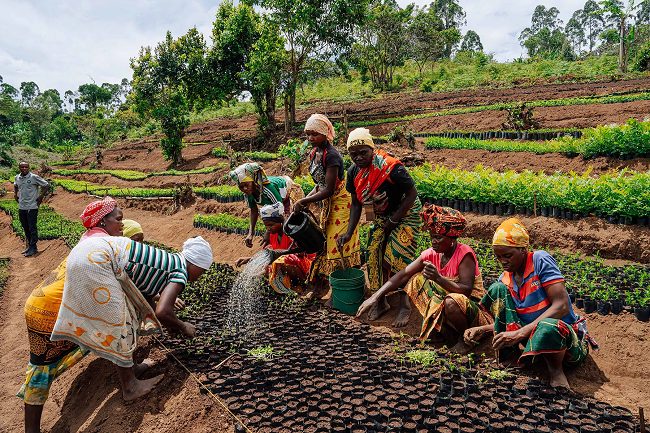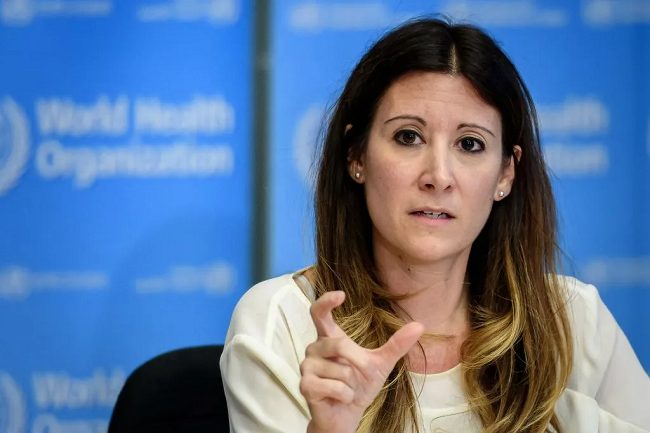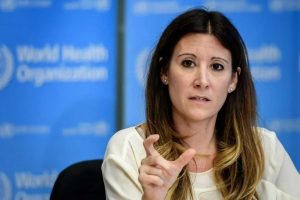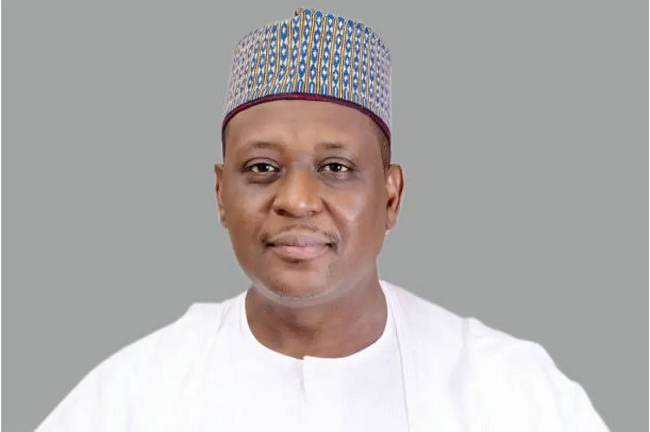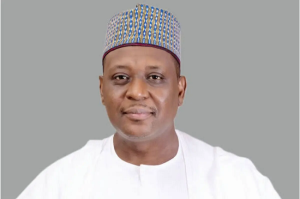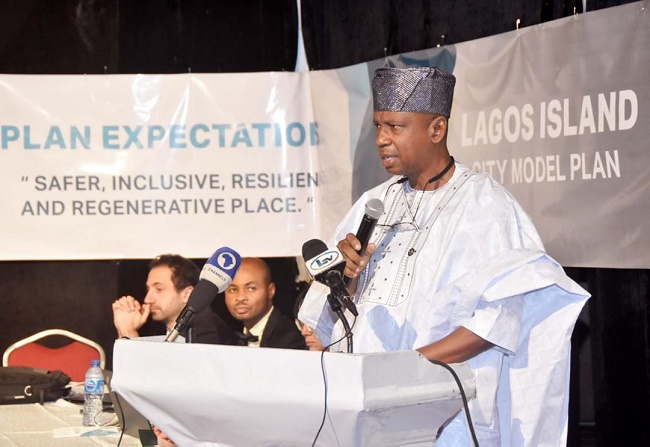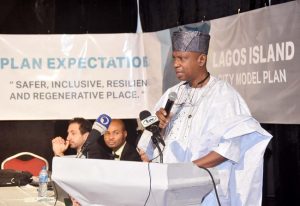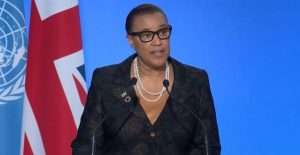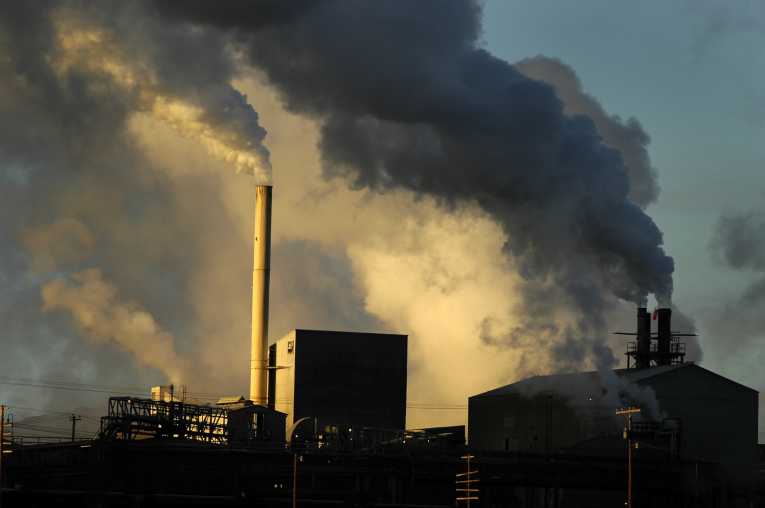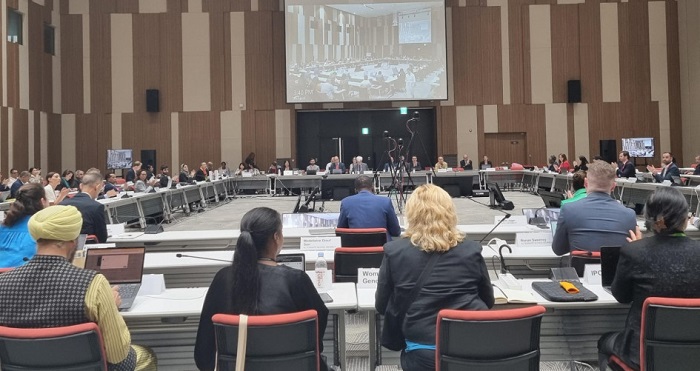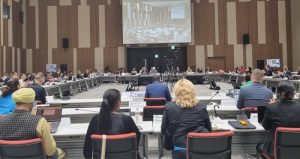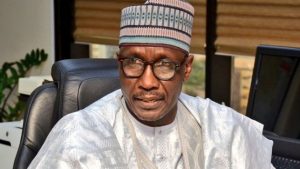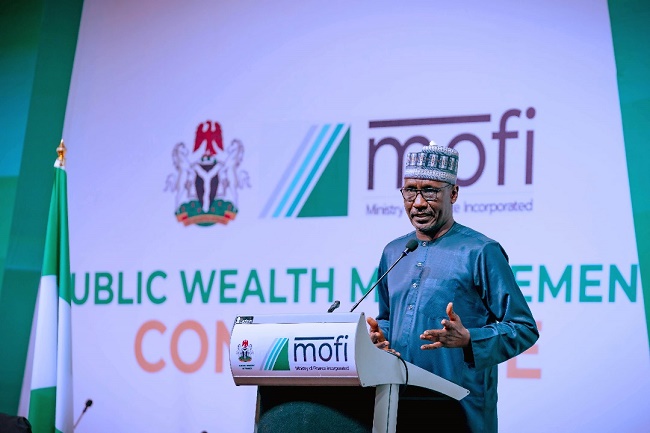In the fight against climate change, education plays a crucial role. By imparting knowledge and skills related to environmental sustainability, we can empower communities to take action and make a tangible difference.
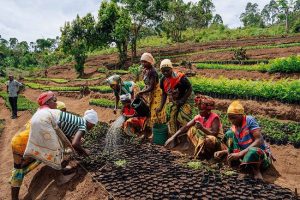
One of the most impactful ways to achieve this is through climate education, particularly focusing on teaching rural women tree planting techniques and the production of briquettes. These practices not only contribute to environmental conservation but also provide socio-economic benefits to the communities involved.
Climate education involves teaching individuals about the science of climate change, its impacts, and the strategies needed to mitigate and adapt to its effects. It is essential for fostering an informed and engaged populace capable of making sustainable choices. For rural women, who often bear the brunt of environmental degradation, climate education can be transformative. It equips them with the knowledge to protect their environment, improve their livelihoods, and enhance the resilience of their communities.
Teaching tree planting techniques offers numerous advantages. Trees play a vital role in combating climate change by absorbing carbon dioxide and releasing oxygen. They also help prevent soil erosion, enhance biodiversity, and provide habitats for wildlife. By teaching rural women how to plant and care for trees, we enable them to contribute directly to environmental conservation and restoration. Trees provide essential ecosystem services that maintain the balance of natural environments.
They act as carbon sinks, absorbing CO2 from the atmosphere and mitigating the effects of climate change. The presence of trees also contributes to the stabilisation of soil, preventing erosion and protecting water resources. These environmental benefits are crucial for sustaining agricultural productivity and ensuring food security in rural areas. Tree planting can also be a source of income for rural women. Trees such as fruit-bearing varieties can provide food and a source of revenue, while timber trees can be harvested sustainably for wood.
This economic empowerment helps improve the standard of living for women and their families. Fruit trees, for example, offer a dual advantage: they contribute to food security by providing a steady supply of fruits, and they generate income through the sale of surplus produce. Timber trees, when harvested sustainably, can provide materials for construction, furniture, and other uses, creating economic opportunities and enhancing livelihoods. The financial independence gained from these activities can significantly improve the quality of life for rural women, enabling them to support their families and invest in their future.
Furthermore, trees help build resilient communities by providing shade, reducing the impact of natural disasters like floods, and improving soil fertility. These benefits enhance the overall quality of life and reduce vulnerability to climate-related impacts. Shade from trees helps to moderate temperatures, creating a more comfortable and livable environment. In times of extreme weather events, trees act as natural buffers, reducing the severity of floods and protecting infrastructure and homes. Improved soil fertility, resulting from the presence of trees, enhances agricultural productivity and ensures the sustainability of farming practices.
The benefits of teaching rural women to produce briquettes are equally significant. Briquettes are a sustainable alternative to traditional wood fuel. Made from agricultural waste, such as sawdust, rice husks, and other biomass materials, briquettes reduce the need for deforestation and help manage agricultural residues effectively.
By teaching rural women how to produce briquettes, we reduce pressure on forests and promote cleaner, more sustainable fuel options. The utilisation of agricultural waste for briquette production addresses two critical issues: it provides a sustainable energy source and reduces the accumulation of waste that could otherwise contribute to environmental degradation.
This innovative approach to energy production aligns with the principles of circular economy, ensuring that resources are used efficiently, and waste is minimised. Traditional cooking methods using wood or charcoal produce harmful smoke, leading to respiratory problems and other health issues. Briquettes burn more cleanly and efficiently, reducing indoor air pollution and improving the health of women and their families.
The smoke produced by traditional cooking fuels contains harmful pollutants that pose serious health risks, particularly for women and children who spend significant time near cooking fires. By switching to briquettes, households can significantly reduce their exposure to these pollutants, resulting in better respiratory health and overall well-being.
The production and sale of briquettes can become a viable income-generating activity for rural women. It creates opportunities for entrepreneurship and financial independence, enabling women to contribute to their households and communities economically. The process of briquette production involves several stages, from collecting and processing raw materials to manufacturing and marketing the final product.
Each stage offers employment opportunities and potential for skill development. Women engaged in briquette production can establish small businesses, generating income and contributing to the local economy. This economic empowerment enhances their social standing and allows them to invest in education, healthcare, and other essential services for their families.
Briquettes also provide a reliable and sustainable source of energy. Unlike wood, which can be scarce and expensive, briquettes can be produced locally, ensuring that rural communities have access to affordable and sustainable fuel. The local production of briquettes reduces dependency on external sources of energy and ensures energy security. It also promotes the use of renewable resources, contributing to the overall sustainability of energy systems. By adopting briquettes as a primary fuel source, rural communities can achieve greater energy independence and resilience.
The success of climate education and sustainable practices can be seen in various regions around the world. In Kenya, the Green Belt Movement, founded by Nobel Laureate, Wangari Maathai, has successfully mobilised women to plant over 51 million trees. This initiative has not only reforested large areas but also empowered women economically and socially.
The Green Belt Movement serves as a model for similar initiatives globally, demonstrating the transformative power of engaging women in environmental conservation and sustainable development. By leveraging the knowledge and skills of women, the movement has achieved significant environmental and socio-economic outcomes, contributing to the overall well-being of communities.
In Nigeria, organisations like the Climate Action Team Initiative have been instrumental in teaching rural women tree planting techniques and briquette making. These efforts have led to significant improvements in environmental conservation, health, and economic conditions in participating communities. The Climate Action Team Initiative’s programmes focus on building the capacity of women to adopt sustainable practices and take on leadership roles in their communities. By providing training, resources, and ongoing support, the initiative empowers women to drive positive change and create a more sustainable future for themselves and their families.
To maximise the impact of climate education, it is essential to integrate these practices into broader development programs. Governments, NGOs, and private sector partners should collaborate to provide resources, training, and support to rural women. This includes access to quality seeds, tools, and materials for briquette production, as well as ongoing education and capacity-building programmes.
By fostering partnerships and leveraging resources, stakeholders can create a supportive ecosystem that enables women to thrive and contribute to sustainable development. Comprehensive support systems that address the diverse needs of rural women are essential for the success and scalability of climate education and sustainable practices.
Investing in climate education and empowering rural women with sustainable practices can create a ripple effect that benefits the environment, improves livelihoods, and strengthens communities. It is a powerful strategy for achieving sustainable development and building a more resilient and equitable world. The advantages of teaching rural women tree planting techniques and briquette making are manifold.
These practices promote environmental conservation, improve health outcomes, provide economic opportunities, and enhance community resilience. By prioritising climate education and supporting sustainable initiatives, we can empower women to become champions of change and stewards of a sustainable future. Through their leadership and participation, rural women can drive the transition towards more sustainable and resilient communities, ensuring a better quality of life for present and future generations.
By Halima Imam, axk4lima@gmail.com

